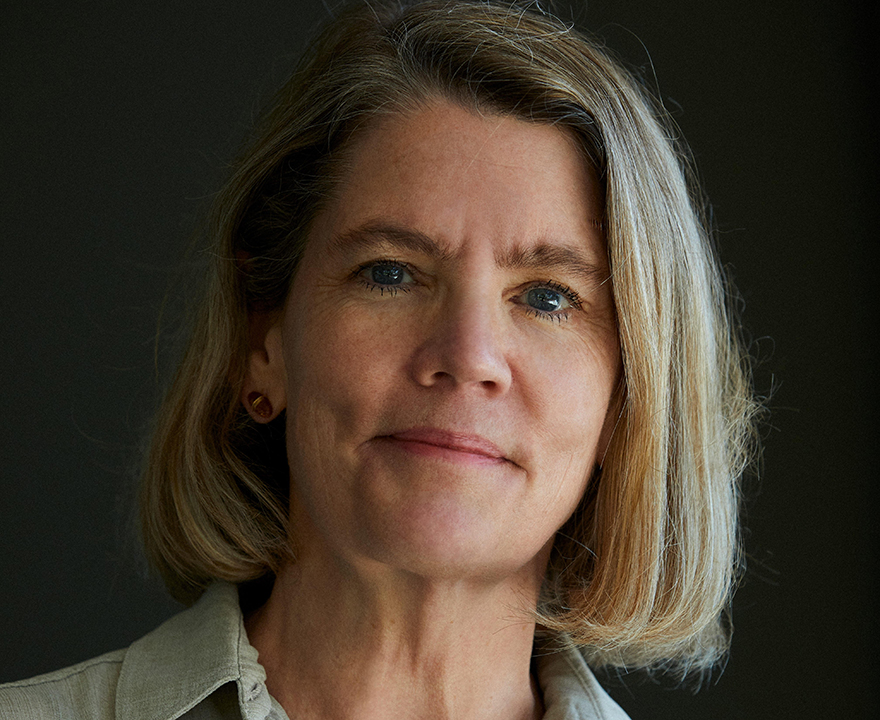Democracy and its discontents: The attack on truth

Democracy and its discontents: The attack on truth
- September 19, 2024
- Simone Chambers, UC Irvine political science professor, discusses disinformation, voter trust and democracy on inaugural episode of “Democracy and Its Discontents,” a new miniseries from the UC IGCC’s Talking Policy Podcast
Democracy is built on trust—and accountability. Citizens need information to hold those in power to account. But disinformation is eroding our trust in institutions, in experts, and even in our fellow citizens. In the first episode of “Democracy and Its Discontents,” a new miniseries from the University of California Institute on Global Conflict and Cooperation (IGCC) Talking Policy Podcast, host Lindsay Shingler talks with UC Irvine political science professor Simone Chambers about what disinformation is, and how it’s impacting voter trust—both in elections and in the institution of democracy itself.
Listen in:
---
About the “Democracy and Its Discontents” miniseries: Globally, 2024 has been the year of the election, bringing half the world’s population to the polls in contests of varying degrees of legitimacy. As 2024 closes with a general election in the U.S., the five-episode podcast miniseries will feature in-depth conversations about the most pressing problems faced by U.S. democracy and how they can be addressed. Topics will include the spread of misinformation in political discourse, the influence of money on the U.S. electoral system, how political actors promote division and enmity, and how the rise of populist demagogues is testing democracies across the world. The series will place these challenges in a historic context, exploring whether the risks to U.S. democracy are so unprecedented and how we can reinvigorate the democratic ideals that the nation was founded upon.
About UC IGCC: The UC Institute on Global Conflict and Cooperation (IGCC) is a research network comprised of scholars from across the University of California and the Los Alamos and Lawrence Livermore National Laboratories that conducts policy-relevant research to mitigate conflict and promote a more peaceful world order. Our focus is on challenges that have the potential to lead to wide-scale conflict, and that can benefit from global cooperation to solve. Our portfolio includes both traditional security issues—defense innovation, strategy and deterrence, nuclear weapons policy, and security cooperation—and emerging and non-traditional challenges such as climate change, geoeconomics and great power competition, and threats to democracy. In each of these areas, IGCC builds diverse, multidisciplinary research teams that analyze the causes and consequences of global conflict—and help develop practical solutions.
-----
Would you like to get more involved with the social sciences? Email us at communications@socsci.uci.edu to connect.
Share on:
Related News Items
- 5 takeaways from a conference on free speech in higher ed
- The President's Day: Managing Time in the Oval Office
- UC Irvine graduate programs in social sciences recognized among nation's best in U.S. News & World Report rankings
- Using her voice
- Orange County Supervisors to consider calling for review of Do plea deal


connect with us: